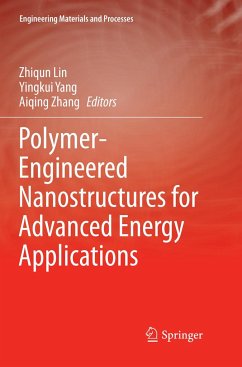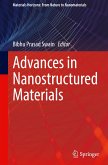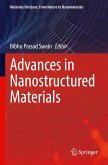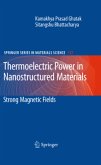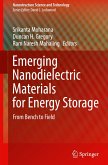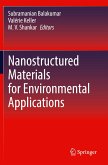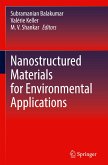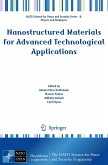This book provides a comprehensive overview of engineering nanostructures mediated by functional polymers in combination with optimal synthesis and processing techniques. The focus is on polymer-engineered nanostructures for advanced energy applications.
It discusses a variety of polymers that function as precursors, templates, nano-reactors, surfactants, stabilizers, modifiers, dopants, and spacers for directing self-assembly, assisting organization, and templating growth of numerous diverse nanostructures.
It also presents a wide range of polymer processing techniques that enable the efficient design and optimal fabrication of nanostructured polymers, inorganics, and organic-inorganic nanocomposites using in-situ hybridization and/or ex-situ recombination methodologies.
Combining state-of-the-art knowledge from polymer-guided fabrication of advanced nanostructures and their unique properties, it especially highlights the new, cutting-edge breakthroughs, future horizons, and insights into such nanostructured materials in applications such as photovoltaics, fuel cells, thermoelectrics, piezoelectrics, ferroelectrics, batteries, supercapacitors, photocatalysis, and hydrogen generation and storage. It offers an instructive and approachable guide to polymer-engineered nanostructures for further development of advanced energy materials to meet ever-increasing global energy demands.
Interdisciplinary and broad perspectives from internationally respected contributors ensure this book serves as a valuable reference source for scientists, students, and engineers working in polymer science, renewable energy materials, materials engineering, chemistry, physics, surface/interface science, and nanotechnology. It is also suitable as a textbook for universities, institutes, and industrial institutions.
It discusses a variety of polymers that function as precursors, templates, nano-reactors, surfactants, stabilizers, modifiers, dopants, and spacers for directing self-assembly, assisting organization, and templating growth of numerous diverse nanostructures.
It also presents a wide range of polymer processing techniques that enable the efficient design and optimal fabrication of nanostructured polymers, inorganics, and organic-inorganic nanocomposites using in-situ hybridization and/or ex-situ recombination methodologies.
Combining state-of-the-art knowledge from polymer-guided fabrication of advanced nanostructures and their unique properties, it especially highlights the new, cutting-edge breakthroughs, future horizons, and insights into such nanostructured materials in applications such as photovoltaics, fuel cells, thermoelectrics, piezoelectrics, ferroelectrics, batteries, supercapacitors, photocatalysis, and hydrogen generation and storage. It offers an instructive and approachable guide to polymer-engineered nanostructures for further development of advanced energy materials to meet ever-increasing global energy demands.
Interdisciplinary and broad perspectives from internationally respected contributors ensure this book serves as a valuable reference source for scientists, students, and engineers working in polymer science, renewable energy materials, materials engineering, chemistry, physics, surface/interface science, and nanotechnology. It is also suitable as a textbook for universities, institutes, and industrial institutions.

